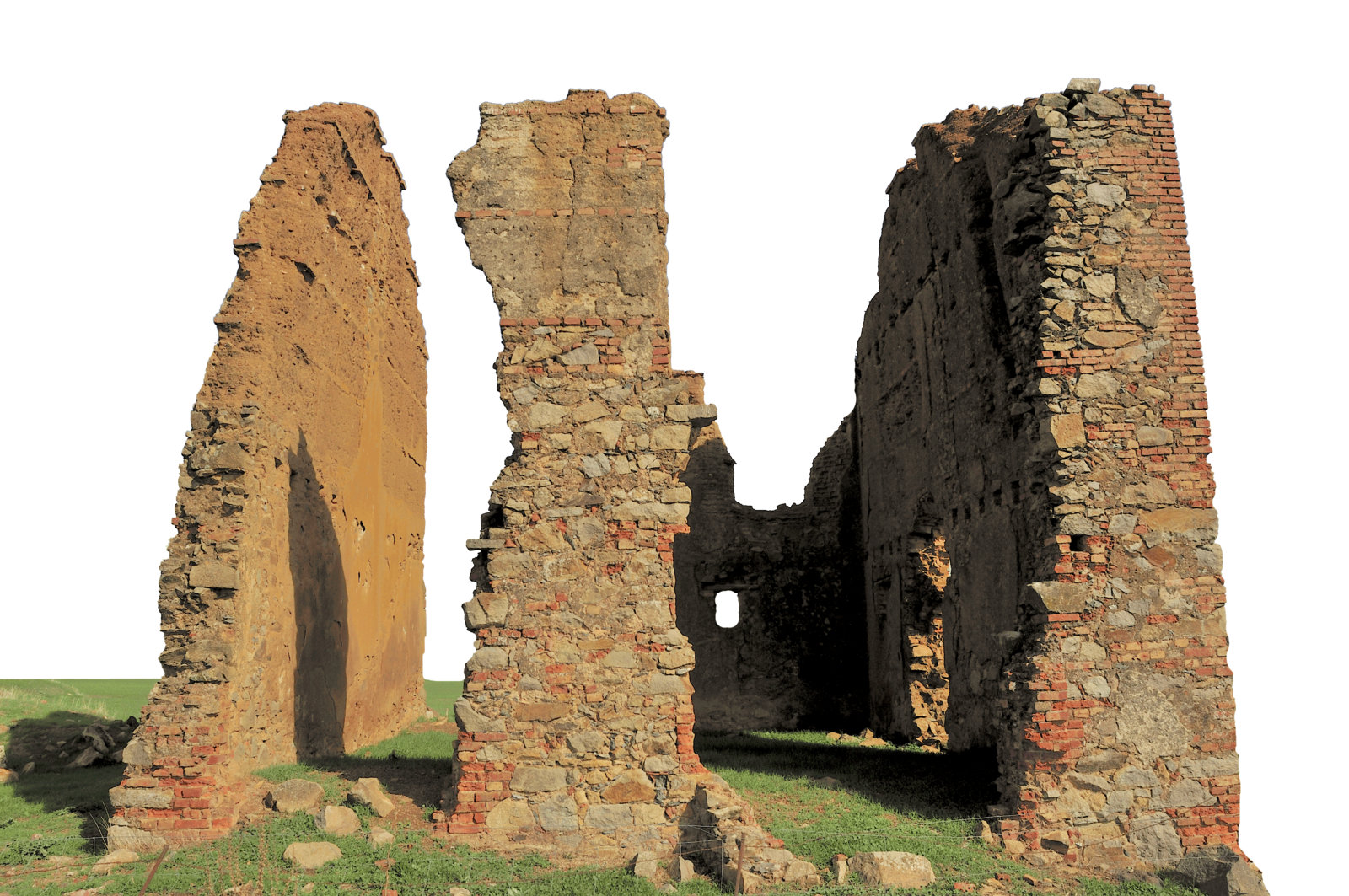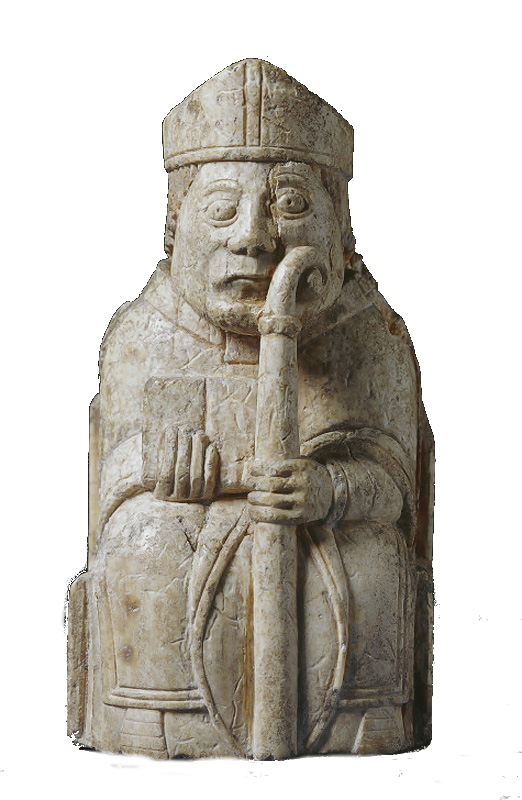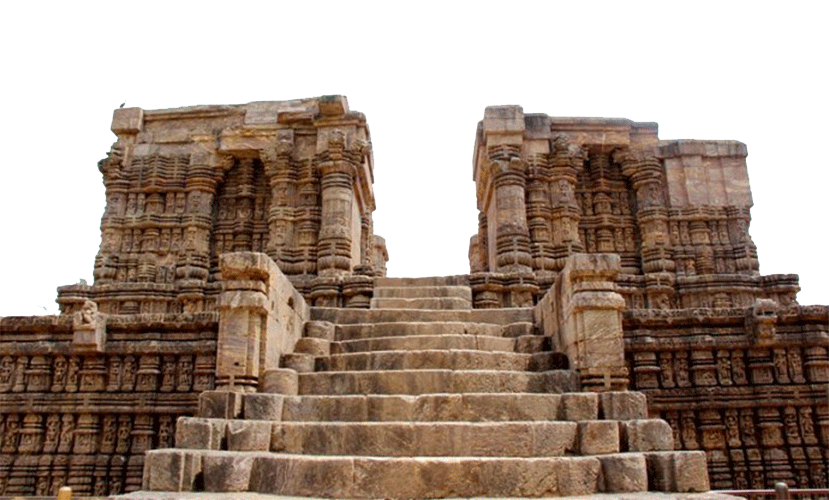Archaeology
Welcome to c/Archaeology @ Mander.xyz!
Shovelbums welcome. 🗿

Notice Board
This is a work in progress, please don't mind the mess.
- 2023-06-15: We are collecting resources for the sidebar!
- 2023-06-13: We are looking for mods. Send a dm to @fossilesque@mander.xyz if interested!
About
Archaeology or archeology[a] is the study of human activity through the recovery and analysis of material culture. The archaeological record consists of artifacts, architecture, biofacts or ecofacts, sites, and cultural landscapes.
Archaeology has various goals, which range from understanding culture history to reconstructing past lifeways to documenting and explaining changes in human societies through time.
The discipline involves surveying, excavation, and eventually analysis of data collected, to learn more about the past. In broad scope, archaeology relies on cross-disciplinary research. Read more...
Rules
- Don't throw mud. Be kind and remember the human.
- Keep it rooted (on topic).
- No spam.
- No pseudoscience/pseudoarchaeology.

Links
Archaeology 101:
Get Involved:
University and Field Work:
- Archaeological Fieldwork Opportunities Bulletin
- University Archaeology (UK)
- Black Trowel Collective Microgrants for Students
Jobs and Career:
Professional Organisations:
- Chartered Institute for Archaeologists (UK)
- BAJR (UK)
- Association for Environmental Archaeology
- Archaeology Scotland
- Historic England
FOSS Tools:
- Diamond Open Access in Archaeology
- Tools for Quantitative Archaeology – in R
- Open Archaeo: A list of open source archaeological tools and software.
- The Open Digital Archaeology Textbook
Datasets:
Fun:
Other Resources:

Similar Communities
Sister Communities
Science and Research
Biology and Life Sciences
- !anthropology@mander.xyz
- !biodiversity@mander.xyz
- !palaeoecology@mander.xyz
- !palaeontology@mander.xyz
Plants & Gardening
Physical Sciences
Humanities and Social Sciences
Memes
Find us on Reddit

view the rest of the comments
This is the best summary I could come up with:
A 2,000-year-old Roman road has been uncovered during an archaeological dig in a garden near Stirling.It has been described as the most important road in Scottish history and was built by the Roman armies of general Julius Agricola in the 1st century AD.The road would have connected to a ford that crossed the river Forth and was used during the 2nd and 3rd centuries AD.The dig was in the garden of a cottage that is a few miles outside the city centre and next to the 18th century Old Drip Bridge.
The road would have been used by Roman legions to launch Scottish invasions under the emperors Antonine and Severan.It would have had strategic importance throughout history as a crossing for the river Forth and due to its proximity to Stirling – Scotland’s former capital city.The person who led the dig, Stirling Council archaeologist Murray Cook, said: “It is the most important road in Scottish history so it’s an amazing discovery.
"To literally walk where Wallace and Bruce went, let alone the Romans, Picts and Vikings is astonishing.
"Dr Cook undertook the work as part of a training dig with local volunteers and students.He said: “The road ceased to be maintained after the Romans left so it became an eroded hollow and what we have found is the eroded surface of the road."
"Stirling Council leader Councillor Chris Kane said that next year marks the 900th anniversary of the city.He said: “Stirling’s place at the heart of Scotland and the heart of Scottish history is something we are very proud of.
"Understanding more about the route of the Roman Road adds another chapter to share with the many visitors who come from around the world to experience all that Stirling has to offer.”
The original article contains 355 words, the summary contains 293 words. Saved 17%. I'm a bot and I'm open source!